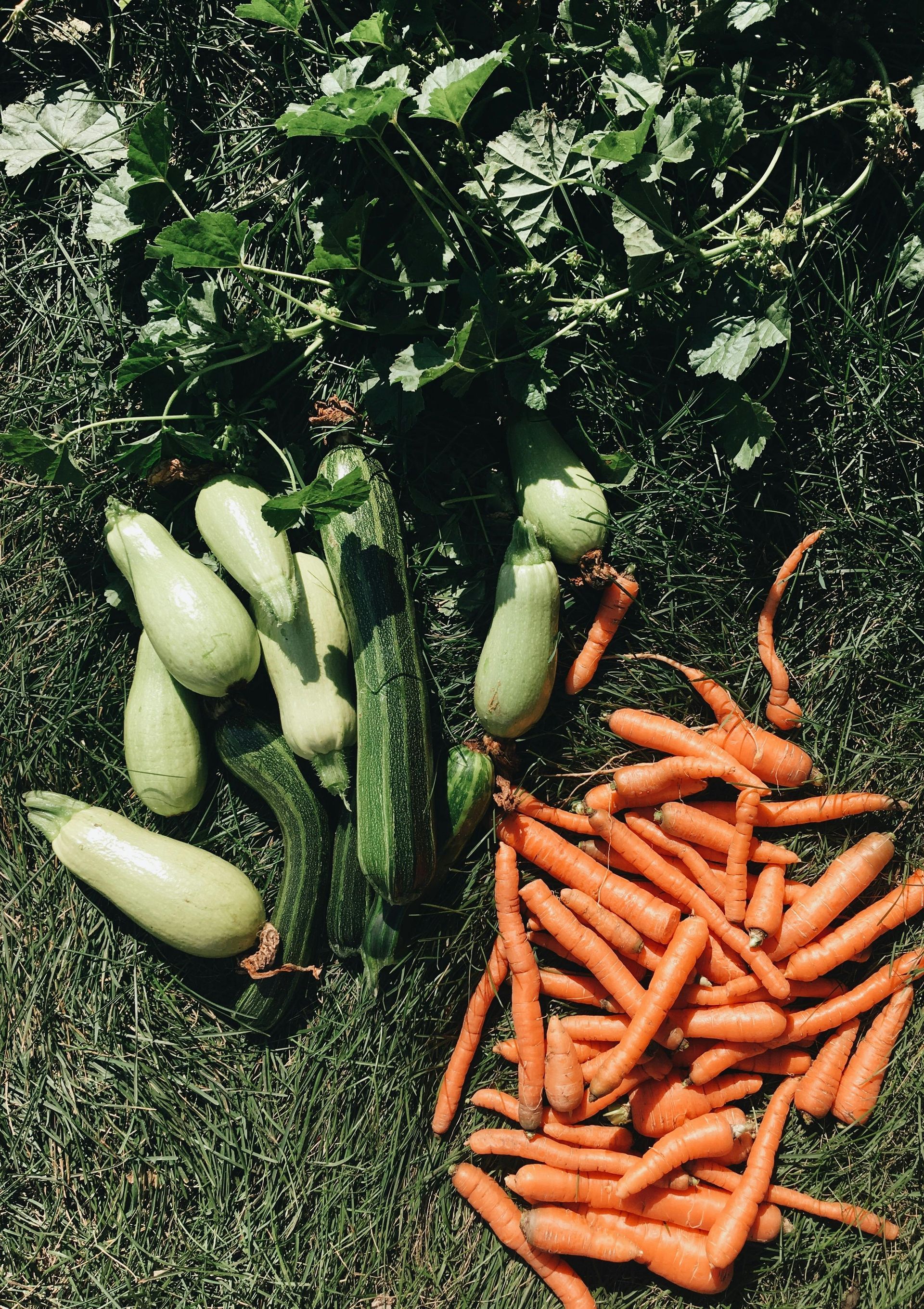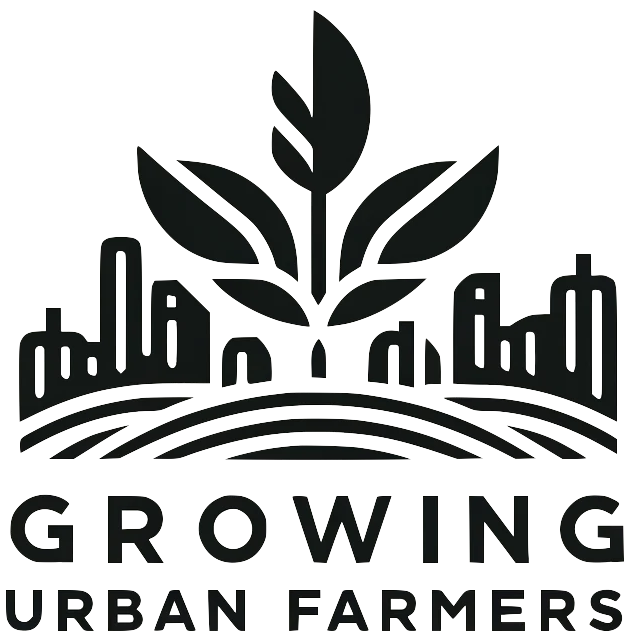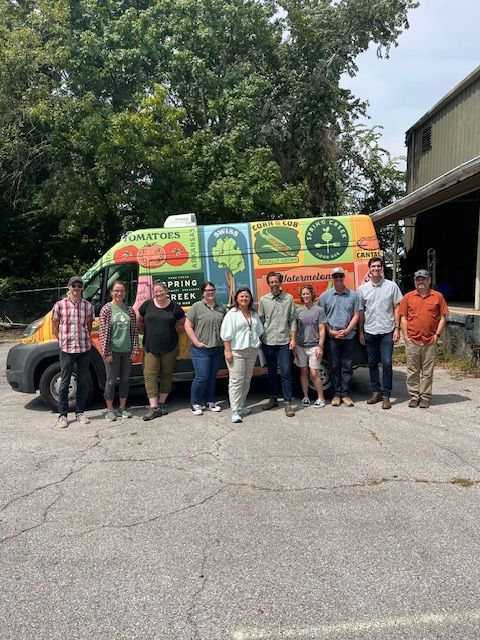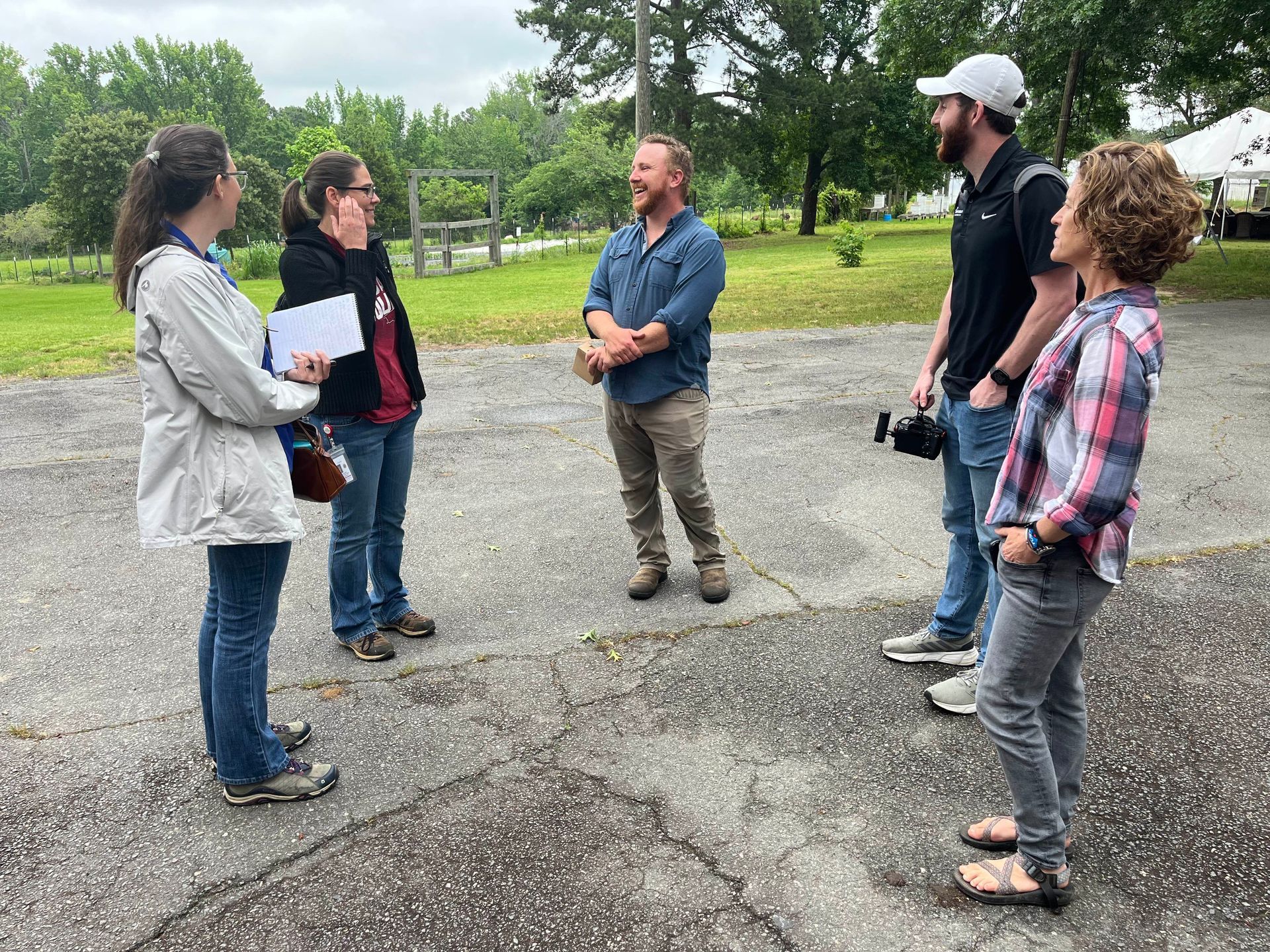Do I need a USDA Farm Number?
Why get a farm number?
Obtaining a Farm Service Agency (FSA) farm number is essential for any farmer or rancher who wants to access federal agricultural programs and assistance. An FSA farm number officially registers your farm with the USDA, making you eligible for various benefits, including disaster assistance, conservation programs, farm loans, and crop insurance. Additionally, having a farm number simplifies the process of applying for grants and participating in federal programs aimed at improving farm operations and sustainability provided by the Natural Resources Conservation Service (NRCS). It’s a vital step in ensuring your farm is recognized and supported at the federal level. Farms as small as 1/10 of an acre can obtain a farm number. If you have decided to transition from vegetable gardening to micro-farming, a farm number could help you get resources you'll need.
What is NRCS?
The Natural Resources Conservation Service (NRCS) is an agency of the U.S. Department of Agriculture (USDA) that provides technical and financial assistance to farmers and landowners to promote sustainable agriculture and conservation practices. For small and startup farms, the NRCS offers programs like the Environmental Quality Incentives Program (EQIP) and the Conservation Stewardship Program (CSP), which help farmers implement practices that improve soil health, water quality, and overall farm productivity. The NRCS also provides personalized conservation planning and technical support, tailored to the specific needs of small farms, ensuring they have the resources to thrive while maintaining environmental stewardship. This support is crucial for small and startup farms looking to establish sustainable and productive operations.
Step 1: Obtain a Farm Number
1. Prepare Necessary Information
The Customer Data Worksheet
The Customer Data Worksheet or
AD-2047 form linked here , must be completed by all property owners where the farm will be located, as well as the individual(s) farm operators requesting the farm number.
For example, if you own land and want to establish a farm, you will complete the form as both the owner and farm operator. In more complex situations, such as when a company or family owns the property and operates the farm, every family member or partner involved must also complete the form.
Foreign ownership: If anyone owning part of a property is not a US citizen, they must complete an
FSA-153 as well as the AD-2047.
You will need to provide supporting documents for all operators and property owners including:
- Proof of identity (e.g., driver’s license)
- Proof of Ownership of the land (copy of recorded deed). Leases Entity Identification Status (articles of incorporation, trust & estate documents, partnership agreement)
- Your Social Security Number (SSN) or Employer Identification Number (EIN)
2. Locate Your Local Farm Service Agency (FSA) Office in Arkansas there in an FSA office in every county:
Visit the USDA website to find your local FSA office.
3. Contact the FSA Office:
Once you’ve gathered all documentation and completed all forms, call or email your county FSA office asking about obtaining a farm number. Some offices will allow you to turn in all the documents and forms via email. If that is not the case, schedule an appointment with your local FSA office.
4. Receive Your Farm Number:
Once your application is processed, you will be assigned a unique farm number, and a map created by the FSA office.
Step 2: Familiarize Yourself with NRCS Programs
1. Visit the NRCS Website:
Explore the NRCS website(https://www.nrcs.usda.gov) to understand the various programs and grants available.
2. Identify Relevant Programs:
- Environmental Quality Incentives Program (EQIP)
- Conservation Stewardship Program (CSP)
- Agricultural Conservation Easement Program (ACEP)
- Regional Conservation Partnership Program (RCPP)
3. Contact Your Local NRCS Office:
- Locate your local NRCS office using the USDA service center locator.
- Schedule a meeting with an NRCS conservationist to discuss your farm's specific needs and potential funding opportunities.
Step 3: Develop a Conservation Plan
1. Work with an NRCS Conservationist:
- An NRCS conservationist will help you develop a conservation plan tailored to your farm.
- This plan outlines conservation practices and goals for your farm.
2. Implement Conservation Practices:
- Start implementing the recommended conservation practices on your farm.
Step 4: Apply for NRCS Grants
1. Complete Required Forms and Applications:
Obtain the necessary forms from your NRCS office or their website.
2. Prepare Supporting Documentation:
Gather any required supporting documents, such as maps, soil tests, and conservation plans.
3. Submit Your Application:
Submit your completed application and supporting documents to your local NRCS office by the specified deadlines.
4. Review and Follow Up:
After submitting your application, stay in touch with your NRCS representative.
Be prepared to provide additional information if requested.
5. Wait for Approval and Funding:
If your application is approved, you will receive funding to implement the conservation practices outlined in your plan.
Step 5: Maintain Compliance and Record-Keeping
1. Follow All Program Requirements:
Ensure you comply with all program requirements and guidelines.
2. Keep Detailed Records:
Maintain records of all conservation practices, expenses, and any other relevant documentation.
Share
